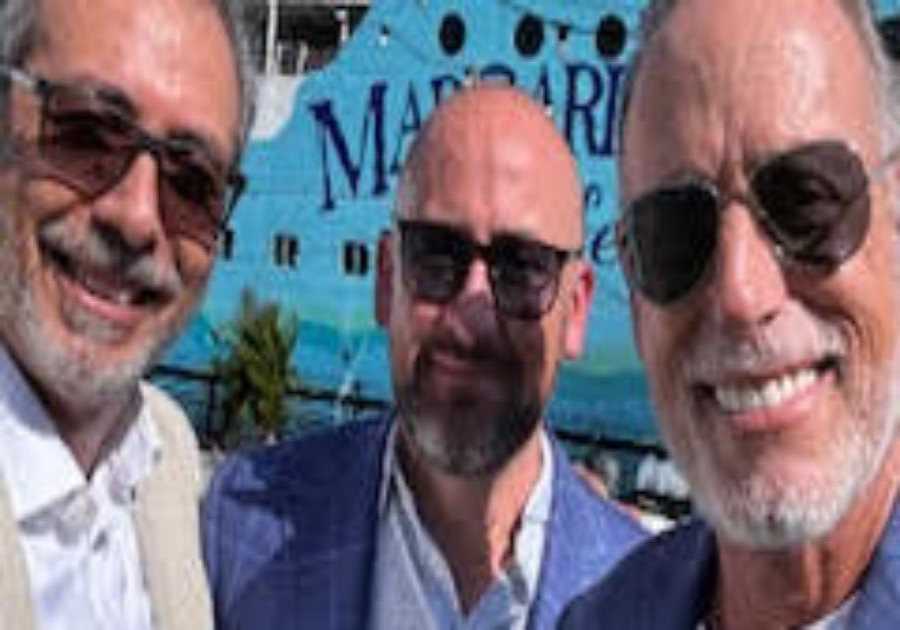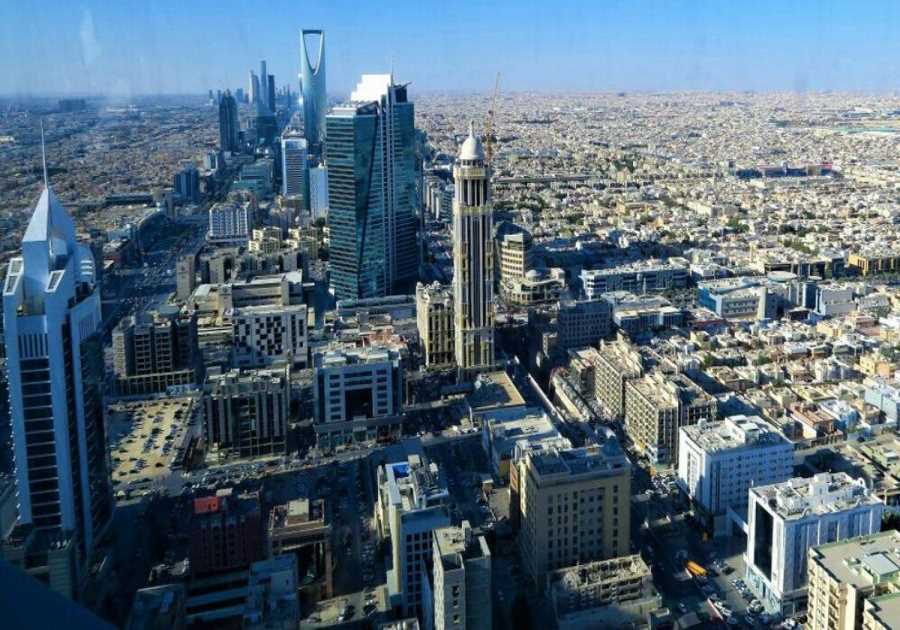
Moscow, in another escalation toward a possible invasion of Ukraine, is issuing a growing drumbeat of accusations, all without evidence, that center on a single word.
“What is happening in the Donbas today is genocide,” President Vladimir V. Putin of Russia said on Tuesday, referring to Ukraine’s east.
Senior Russian officials and state media have since echoed Mr. Putin’s use of “genocide.” Russian diplomats circulated a document to the United Nations Security Council accusing Ukraine of “exterminating the civilian population” in its east.
On Friday, Russia-backed separatists, who control parts of Ukraine’s east, claimed that Ukraine’s military was about to attack, and ordered women and children to evacuate. Extensive coverage on Russian state media portrayed Russian minorities as fleeing a tyrannical Ukrainian military, and President Biden called such incidents ploys fabricated as pretext for a Russian invasion.
The Kremlin has long asserted that Ukraine’s government persecutes ethnic Russians and Russian-speaking citizens. The charge, backed by lurid and false tales of anti-Russian violence, served as justification in 2014 for Russia’s annexation of Crimea and its invasion of eastern Ukraine.
The recent resurgence of such language, and now voiced directly by Mr. Putin, indicates what analysts and Western governments say may again be a prelude to invasion.
But invocations of genocide represent more than just a superficial casus belli. They reflect Moscow’s sincere belief that, in a world dominated by a hostile West, it is the rightful protector of Russian populations throughout the former Soviet republics.
In that worldview, any break from Moscow’s influence within its sphere constitutes an attack on the Russian people as a whole — particularly in Ukraine, which Mr. Putin considers effectively Russian.
Claims of genocide, then, are a way to assert Russia’s sovereignty throughout an ethnic Russian empire that extends well beyond its formal borders — and a right to control that empire with force.
Clashes of Civilizations
“There’s a long history of use and abuse of genocide rhetoric in post-Soviet countries,” said Matthew Kupfer, a Kyiv-based analyst who has studied Moscow’s use of such claims.
Since the Soviet Union fell, and with it the ideological basis of its constituent states, those countries have reorganized their identities around the memory of World War II.
Genocide, as a symbol of the Nazis, became shorthand for anything deemed “absolute evil,” Mr. Kupfer said, making opposition to that evil a national imperative.
In the turmoil of 1990s Russia, nationalist writers like Sergei Glazyev won large audiences by calling Western policies an “economic genocide” against the Russian race.
And when relations between Moscow and some of its former satellites broke down in the mid-2000s, charges of genocide became the language of confrontation.
Pro-democracy uprisings in several former Soviet republics installed new governments, which championed their newly dominant non-Russian majorities.
Ukraine’s leaders, for instance, moved to elevate the Ukrainian language’s official status starting in 2004 and to label a devastating famine in the 1930s as a deliberate Soviet campaign of genocide.
Some Russian nationalists returned the charge, accusing those new governments of plotting to marginalize or even exterminate the Russian minorities within their borders.
As Russian nationalists rose in influence — in 2012, Mr. Putin appointed Mr. Glazyev as a senior adviser on regional matters — a view took hold in Moscow that any threat to its influence over former Soviet republics imperiled the Russian race as a whole.
In 2014, Ukrainians again revolted, initially over their president’s decision to reject a trade deal with the European Union, in favor of one with Russia.
Live Updates: Russia-Ukraine Tensions
- Kamala Harris says the West faces a ‘defining moment’ over Ukraine.
- Ukraine’s paramilitaries prepare for conflict with Russia.
- Fears grow in eastern Ukraine as shelling picks up in recent days.
The protests snowballed into demands to turn away from Russia and embrace a fully separate Ukrainian identity, which confirmed Moscow’s worst fears of a threat to Russian influence. Kremlin allies again leveled accusations of genocide, at first mostly as a generic expression of condemnation.
This became more than rhetorical as Moscow exploited Ukraine’s demographic divisions, in which Russian speakers were, at first, wary of Kyiv’s moves toward Europe.
Russia invaded the mostly Russian region of Crimea and backed militants in Ukraine’s mostly Russophone east, presenting itself as protecting populations to which it held a special responsibility.
Sectarian division served Moscow’s agenda, which meant that so did the specter of Ukrainian atrocities against the Russian minority.
State media saturated Russian homes with false stories, including ones about mass graves filled with Russian minority civilians and a 3-year-old boy crucified by Ukrainian forces that had retaken a separatist-held town. Russian citizens’ support for Moscow’s incursions surged.
The Russian World
Mr. Putin, seizing on Moscow’s successes acting as protector of Russians in Ukraine, began energetically championing what he termed the “Russian world.” In his telling, it is a sphere of influence rooted in ethnicity — an ethnicity that faces continuing threats of genocide.
This new mission solves several problems for Mr. Putin. It presents Russia’s interventions in neighboring states, typically to weaken unfriendly governments or prop up friendly ones, as defensive.
It tells Russian citizens, who have suffered under eight years of Western-led sanctions in retaliation for Russia’s aggression toward Ukraine, that they are sacrificing for a heroic struggle akin to World War II. It gives them a great empire to once more feel pride in.
And, maybe most important, it provides an ideological justification for a government, otherwise associated with corruption, that offers citizens fewer rights or opportunities.
As Moscow’s challenges have grown, so have its claims of a great struggle to protect the Russian race, often centered on Ukraine.
In 2015, as Russia’s economy cratered, Mr. Putin criticized Ukraine’s efforts to isolate Russia-backed separatists: “It smells of genocide,” he said. His government pledged to investigate the “genocide of the Russian-speaking population” in Ukraine.
Understand the Escalating Tensions Over Ukraine
A brewing conflict. Antagonism between Ukraine and Russia has been simmering since 2014, when the Russian military crossed into Ukrainian territory, annexing Crimea and whipping up a rebellion in the east. A tenuous cease-fire was reached in 2015, but peace has been elusive.
And, in 2018, amid diplomatic crises that left Russia internationally isolated, a Kremlin-allied lawmaker accused Ukraine of seeking “a genocide against Russian people in the Donbas” while Russia’s foreign minister warned of “genocide through sanctions.”
The claims were hardly bluster alone. Many coincided with a military escalation in Ukraine, either by Russian armed forces or pro-Moscow separatists.
But each round also revealed a Kremlin growing steadily more paranoid and confrontational as its sphere of influence has come under greater pressure from crisis in Belarus, an uprising in Kazakhstan and an increasingly hard-line stance toward Moscow in Ukraine.
An Uncertain Escalation
In December, with Russia’s military beginning to build up on Ukraine’s borders, Mr. Putin repeated a familiar justification, saying the situation in Ukraine’s east “looks like genocide.”
“Claims of ‘genocide’ of Russian speakers in eastern Ukraine have been a constant background hum on Russian state propaganda channels” ever since, said Alexey Kovalev, a Russian journalist who heads a fact-checking organization.
But, unlike in 2014, Mr. Kovalev has written, Russians do not appear to be responding. There has been little of the past groundswell of outrage or sympathy.
Russian views of Ukraine, once fiercely hostile, are 45 percent favorable and 43 percent negative, a recent poll found. Though Russians widely backed the 2014 invasions of Ukraine, they express little enthusiasm for another.
“People are kind of burned out from Ukraine being on TV all the time,” Mr. Kupfer said. Though state media has pushed some tales similar to those in 2014, it has done so more sparingly.
“It may simply be that they recognize war will not be popular with the public,” Mr. Kupfer added of the Kremlin.
Tellingly, Russian claims of genocide during this crisis have often been aimed abroad, rather than at home, and come from figures with diplomatic weight.
In a Facebook post on Thursday, Russia’s ambassador to the United States cited long-debunked “atrocities” in Ukraine to accuse the United States of abetting “a policy to force the Russian-speaking population out of their current places of residence.”
Thomas de Waal, a Russia expert for the Carnegie Endowment for International Peace, called such high-level comments “worrying” and said they indicated an “official rhetorical escalation.”
As with so many of Russia’s recent provocations, Mr. de Waal said, it is difficult to say whether such statements are intended to telegraph, or merely feint at, a Russian invasion of Ukraine.
In either case, the escalation may reflect the national mission increasingly central to Mr. Putin’s Russia: a strong, defiant protector of Russians abroad who will never be safe without it.
Title: Putin’s Baseless Claims of Genocide Hint at More Than War
Sourced From: www.nytimes.com/2022/02/19/world/europe/putin-ukraine-genocide.html
Published Date: Sat, 19 Feb 2022 13:07:58 +0000






